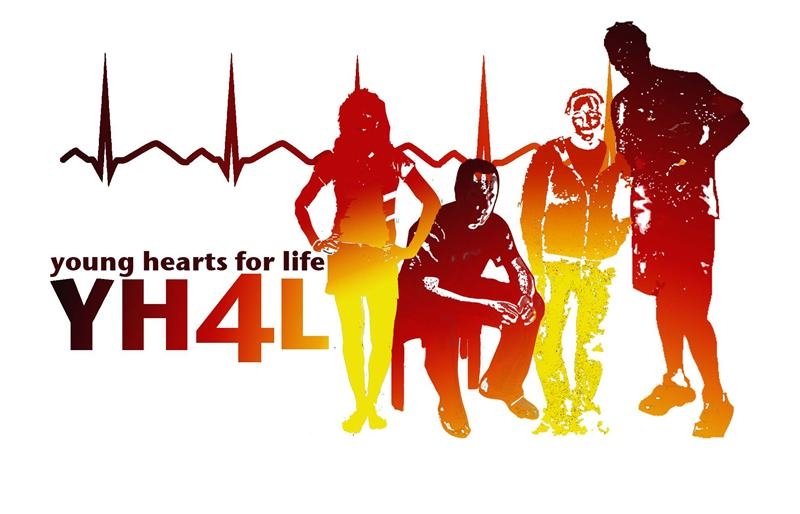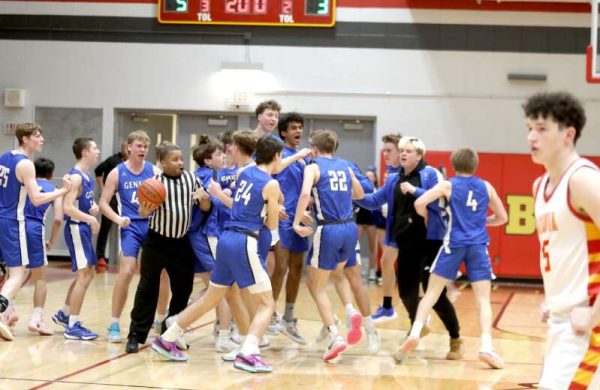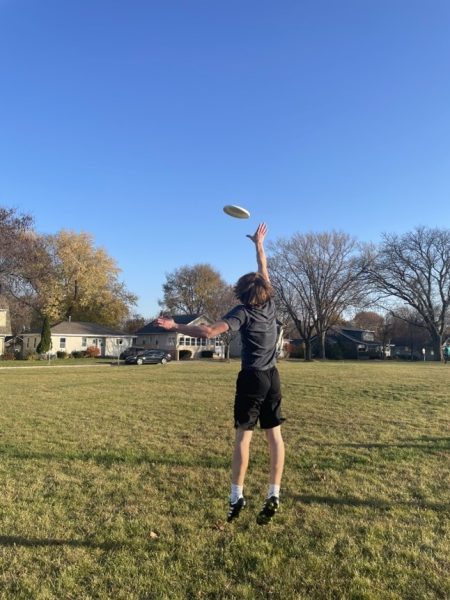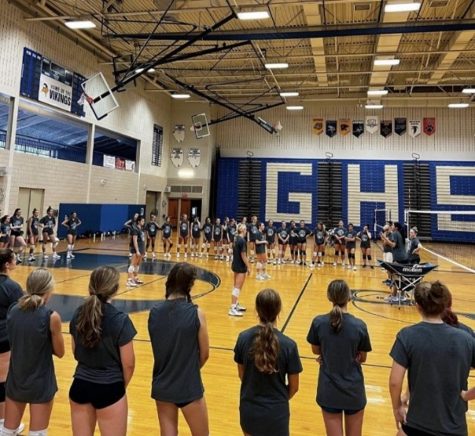Young Hearts For Life Heart Screening
The heart has forever been advertised as the most important organ in the human body. It’s quite literally what makes a person tick. Day or night, light or dark, you can rely on your heart to maintain a steady beat; however, like anything else, the heart is prone to failure.
Sudden cardiac failure is the leading natural cause of death. It is likely that you personally know someone who has been affected or died as a victim of a heart attack or problem. Any indication of sudden cardiac failure is often non-existent, or, at the very least, goes undetected. There is no rhyme or reason as to who this affects. Being an in-shape athlete does not promise a fully functioning heart. Cardiac failure can strike at any given time to any given person with no warning. These unexpected deaths occur most frequently in the middle-aged and elderly, but young adults are not exempt. For children and young adults, the odds of being hit with a heart problem that could lead to death is relatively low: only 1 in 50,000 children per year. Numbers like this often prompt the all too common, “Oh, well that could never happen to me.” While, statistically, the odds of being at risk are low, ignoring what could be life-threatening is letting your safety tiptoe on a dangerously thin line.
Undetected heart problems will go unnoticed as long as one lets them. A simple sports physical barely scratches the surface when it comes to your the heart, and to truly guarantee one’s safety, a more in-depth test is required. Normally, a possibly life-saving opportunity isn’t handed on a silver platter. Yet, here at GHS, the electrocardiogram (i.e., EKG) goes far beyond a sports physical in order to prevent deaths. Students will be able to receive a free heart screening compliments of Young Hearts For Life (YH4L). This program is being sponsored and promoted by the Larsen family who tragically lost their son Kristoff (GHS Class of ’12) to an undetected heart ailment. An EKG records the electrical activity of your heart. Having an EKG will test and check heart rhythm, and possibly diagnose future heart attacks. A typical EKG costs about $50, and that number can rise exponentially from place to place.
On February 1st, during all PE classes, every student was able to receive an EKG absolutely free. GHS had 77% of the student body tested, and students truly owe it to themselves to have achieved that goal. The process was simple, safe, and absolutely harmless. Those affected by sudden cardiac death would give anything to go back and have this opportunity. Don’t waste yours.






